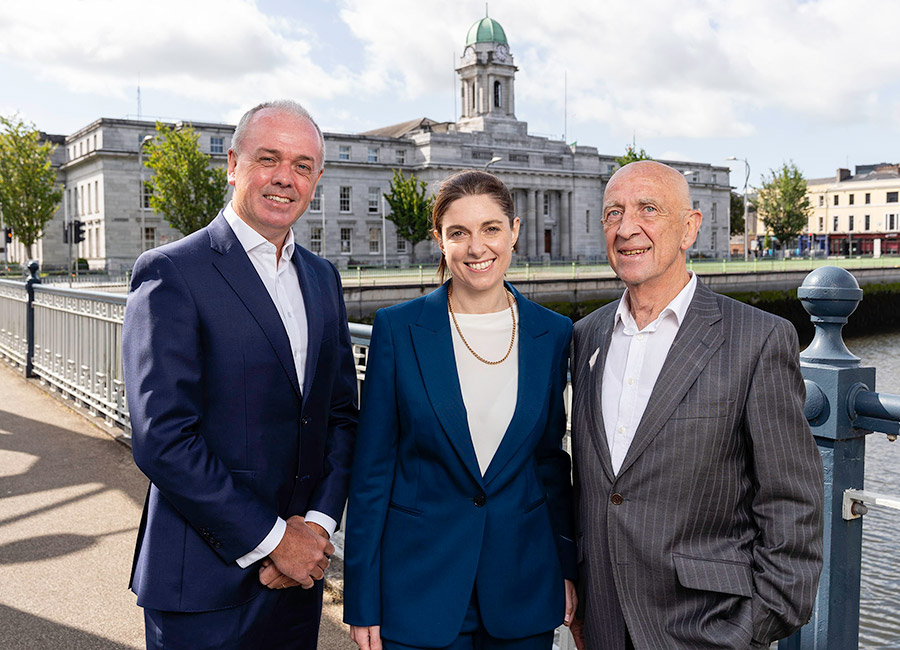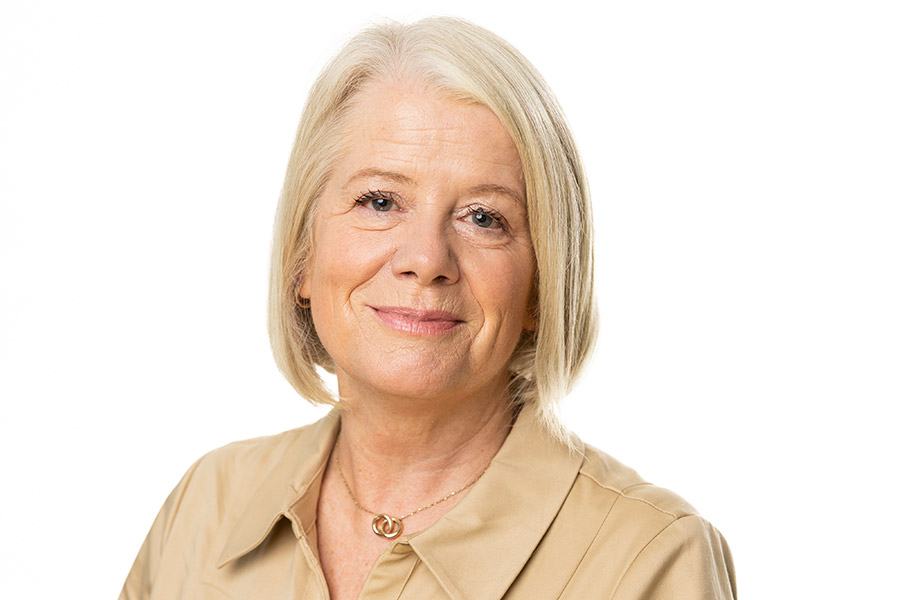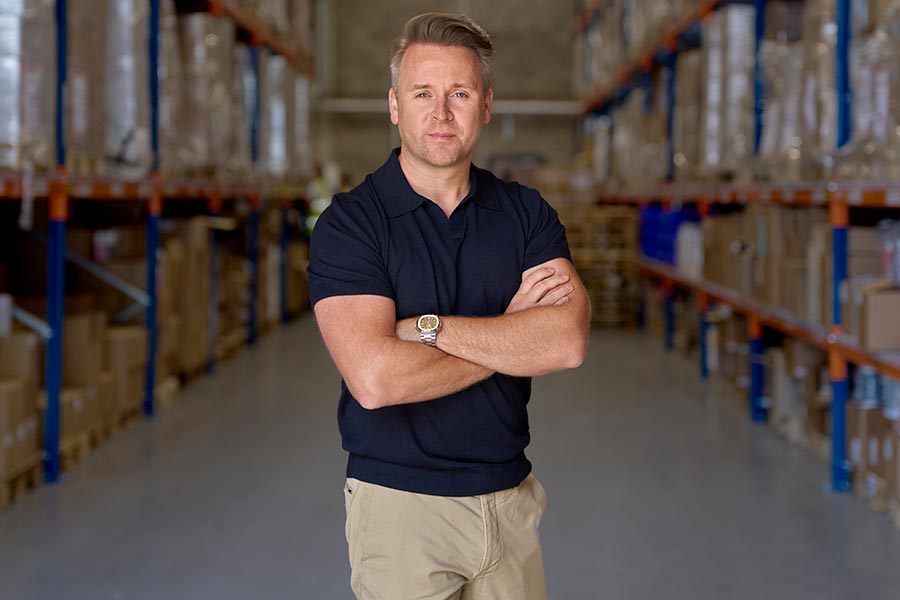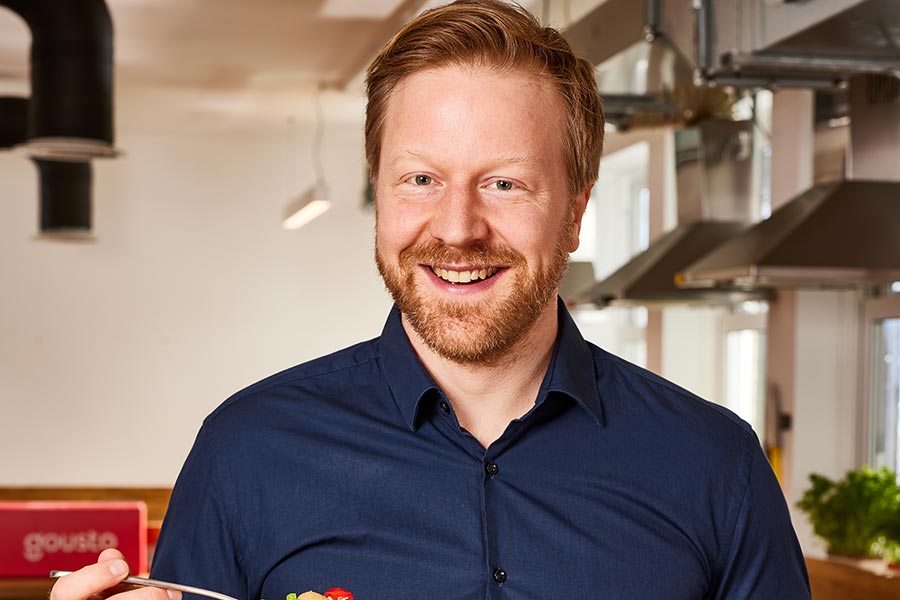Despite Cork being a huge hub for American multinationals, Fiona Byrne of Forvis Mazars tells Gerry Byrne she is confident that the region has the underlying economic strength to come through the current period of geopolitical instability
Fiona Byrne, lead partner in Forvis Mazars’ Cork office, can’t ever be accused of rushing blindly into things.
It took almost two years of talks before she agreed to support the merger between the company her father founded with multinational accounting giant Forvis Mazars, effectively becoming the Cork office of one of Ireland’s top ten accountancy firms.
“It was important that it wasn’t just based on financials and numbers, but that we were a cultural fit,” she recalls.
“We didn’t want to fall out of bed once they were in the door. I am very happy the way it’s now going.”
She makes no secret of her love of tradition, her sense of family and the importance of the legacy of her father’s firm.
“We are ingrained in the community,” she says. “My father James Byrne was born in Main Street in Mallow and set up his business on the same street.
“It is very important to maintain where you come from. We have strong roots in the agricultural and food businesses and the engineering and manufacturing sectors in north Cork.”
Forvis Mazars was not the only firm to come calling in recent years.
“We had been approached by other firms, but we felt that Forvis Mazars offered a closer culture to ours,” she explains.
It helped that the two firms had worked together on earlier projects.
Yet, despite her provincial background, Byrne is no stranger to large multinational accountancy firms.
She trained with KPMG and spent almost a decade working there after graduating from the University of Limerick with a degree in law and accountancy.
She qualified as a chartered accountant in 2004, a tax consultant in 2006 and a chartered tax adviser in 2010.
She is a fellow of Chartered Accountants Ireland and a member of the Irish Taxation Institute.
She then spent 15 years working with her father in James Byrne & Co, becoming manager five years ago.
Her father remains a consultant to the merged firm.
“What I’m most delighted with now is how the team has gelled together,” she says.
“If you started with a blank page and want to get to where we are now, it could take years, but it has happened to us much quicker, almost by circumstance.”
A new tax partner in the Cork office, Stephen Gahan, is an old friend and a former colleague whom she invited to join the firm as tax partner.
The circumstances by which she recruited David Swinburne, financial advisory partner, were almost identical. Both are now partners in Forvis Mazars.
“I wouldn’t have done the Forvis Mazars deal if it wasn’t doing the right thing for our staff and our clients,” she says.
“Forvis Mazars and ourselves are such a good fit because the core values are the same.”
Forvis Mazars was formed through the merger of FORVIS, a large US professional services firm, and the international firm Mazars.
The combined firm employs over 40,000 professionals across over 100 countries.
“We have been building and integrating newcomers slowly since the merger. We had six new people in December, and there are six new hires so far this year in addition to three interns,” Byrne says.
She has also been busy integrating the various James Byrne enterprises under one roof in South Mall and the firm’s Blackpool office has now been fully absorbed.
The original office is also now part of Forvis Mazars but remains in Mallow. Forvis Mazars’ reputation for doing the hard things correctly has great meaning for Byrne.
“They were brought into RTÉ to sort things out and they were also chosen to handle the FAI probe,” she recalls.
There are dark clouds on the tariff horizon for Cork in particular because of its strong links to the US through a large pharmaceutical sector, medical devices and Apple, among other IT industries.
How does she think that might pan out?
“Tariffs will have an impact on Cork although there is still a lot of wealth around the place,” she explains.
“But we will weather it, the country has been through worse before. After the crash of 2008 we came back stronger because we had learnt our lessons.
“Brexit was also very tough, but the problem was short-lived because people found workarounds.”
If tariffs strike, she thinks it will be comparable to earlier crises.
“There will be a dip in the short to medium term because of projects being delayed. SMEs that depend on work from the multinationals in Cork are going to find it difficult for the next two to three years, but they have been through worse and they will weather it.

“We are hoping that if the worst happens it will be a short-lived problem.”
And Cork has other economic and commercial assets that can be drawn upon in the future, she adds.
“Cork remains very strong in agriculture and there is a strong food base with the big dairies and the coops and all of the firms that have been spun off from them,” she explains.
“There are a lot of research projects and other spin-offs from pharma and biotechnology and medical devices because people here have been rubbing up against them for so long. It is an inspiration to them.”
She also points to the fact that because of demand from companies like Apple and the healthcare sector for skilled graduates, the universities have been responsible for creating talented professionals who are the entrepreneurs of tomorrow.
“Cork will easily develop other industries, even if pharma suffers,” she predicts.
“There are a lot of outfits spun out of the universities; their hubs are constantly bringing ideas to life.”
Photo: Fiona Byrne of Forvis Mazars










